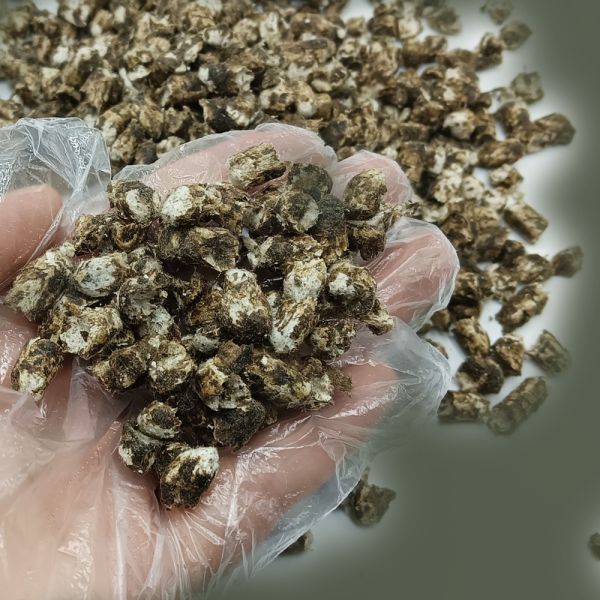Table of Contents
Benefits of Using Basalt Fiber in Asphalt Mixtures
Basalt fiber is a material that has been gaining popularity in the construction industry for its numerous benefits. When it comes to asphalt mixtures, incorporating basalt fiber can enhance the performance and durability of the pavement. In this article, we will explore the benefits of using basalt fiber in asphalt mixtures.
One of the key advantages of using basalt fiber in asphalt mixtures is its high tensile strength. Basalt fiber is known for its exceptional strength-to-weight ratio, making it an ideal reinforcement material for asphalt pavements. By adding basalt fiber to the asphalt mixture, the overall strength and durability of the pavement can be significantly improved, leading to a longer service life and reduced maintenance costs.
In addition to its high tensile strength, basalt fiber also offers excellent resistance to chemical and environmental factors. This means that asphalt mixtures reinforced with basalt fiber are less susceptible to damage from harsh weather conditions, UV radiation, and chemical exposure. As a result, the pavement remains structurally sound and maintains its integrity over time, even in challenging environments.
Another benefit of using basalt fiber in asphalt mixtures is its ability to improve the fatigue resistance of the pavement. Fatigue cracking is a common issue in asphalt pavements, especially in high-traffic areas where the pavement is subjected to repeated loading and heavy vehicle traffic. By incorporating basalt fiber into the asphalt mixture, the pavement becomes more resistant to fatigue cracking, leading to a longer service life and reduced maintenance requirements.
Furthermore, basalt fiber can also help reduce rutting and deformation in asphalt pavements. Rutting occurs when the pavement surface becomes depressed and deformed under the weight of passing vehicles, leading to uneven surfaces and potential Safety hazards. By reinforcing the asphalt mixture with basalt fiber, the pavement becomes more resistant to rutting and deformation, resulting in a smoother and more durable surface for drivers.

In addition to its mechanical properties, basalt fiber also offers environmental benefits when used in asphalt mixtures. Basalt fiber is a sustainable and eco-friendly material that is derived from natural volcanic rock. Unlike traditional reinforcement materials such as steel or fiberglass, basalt fiber production has a lower environmental impact and consumes less energy, making it a more sustainable choice for infrastructure projects.
Overall, the benefits of using basalt fiber in asphalt mixtures are clear. From improved strength and durability to enhanced resistance to fatigue cracking and rutting, basalt fiber offers a range of advantages that can help extend the service life of asphalt pavements and reduce maintenance costs. Additionally, its sustainable and eco-friendly properties make it a preferred choice for environmentally conscious construction projects.
In conclusion, basalt fiber is a versatile and effective reinforcement material that can significantly enhance the performance and durability of asphalt mixtures. By incorporating basalt fiber into asphalt pavements, engineers and contractors can create stronger, more resilient, and longer-lasting infrastructure that meets the demands of modern transportation systems. With its numerous benefits and sustainable properties, basalt fiber is undoubtedly a valuable addition to the construction industry.
| Part | Commodity Name |
| 1 | Polymer-modified bitumen |

